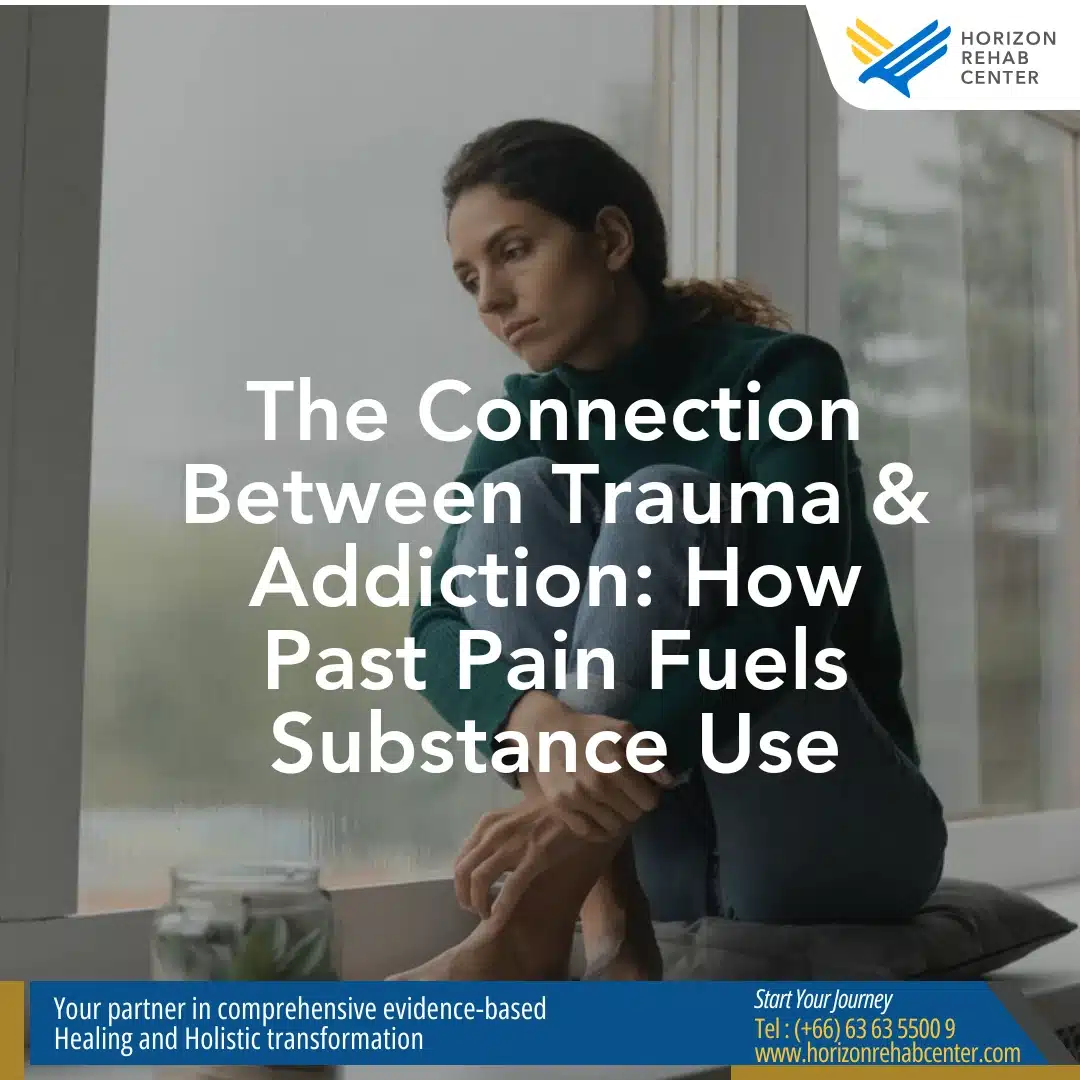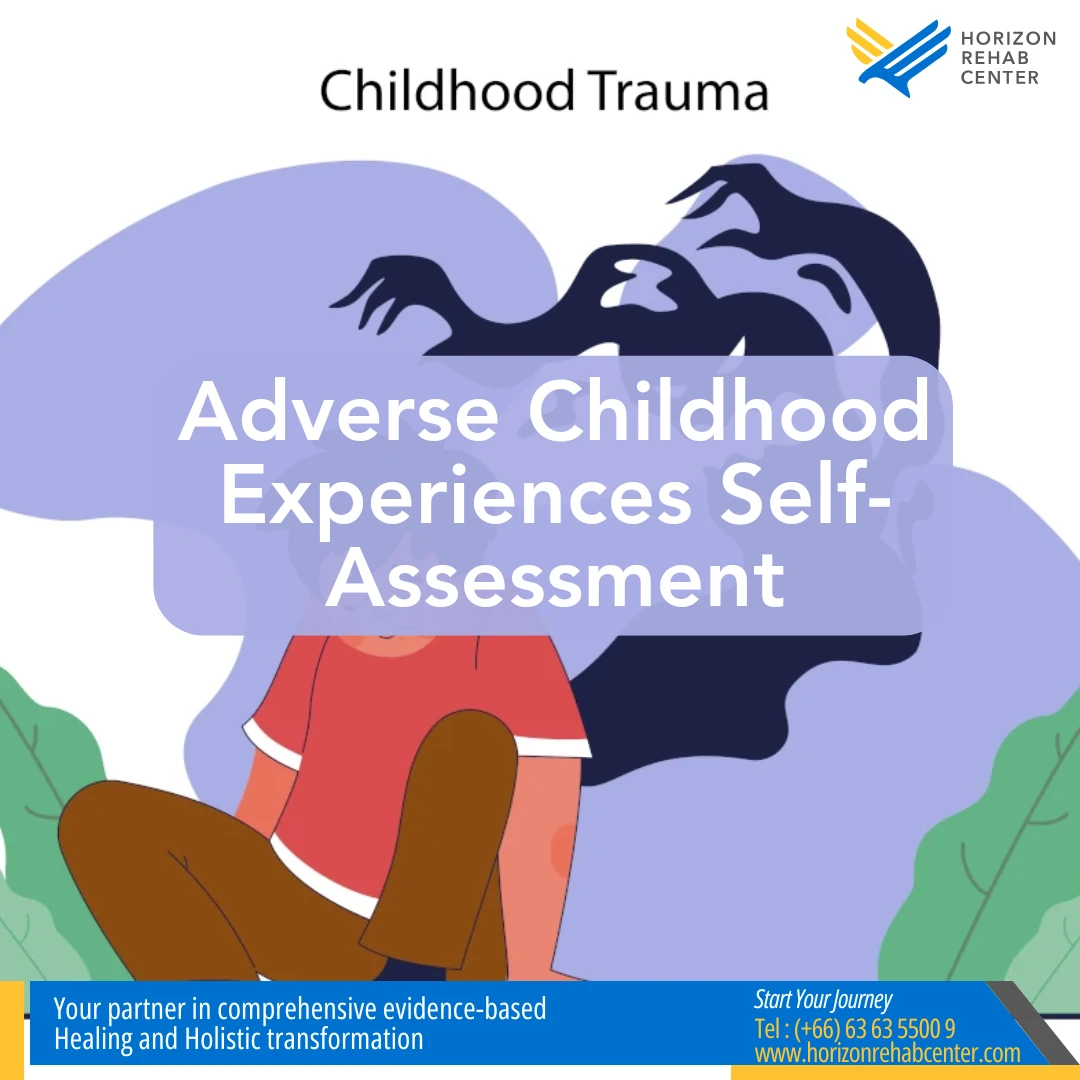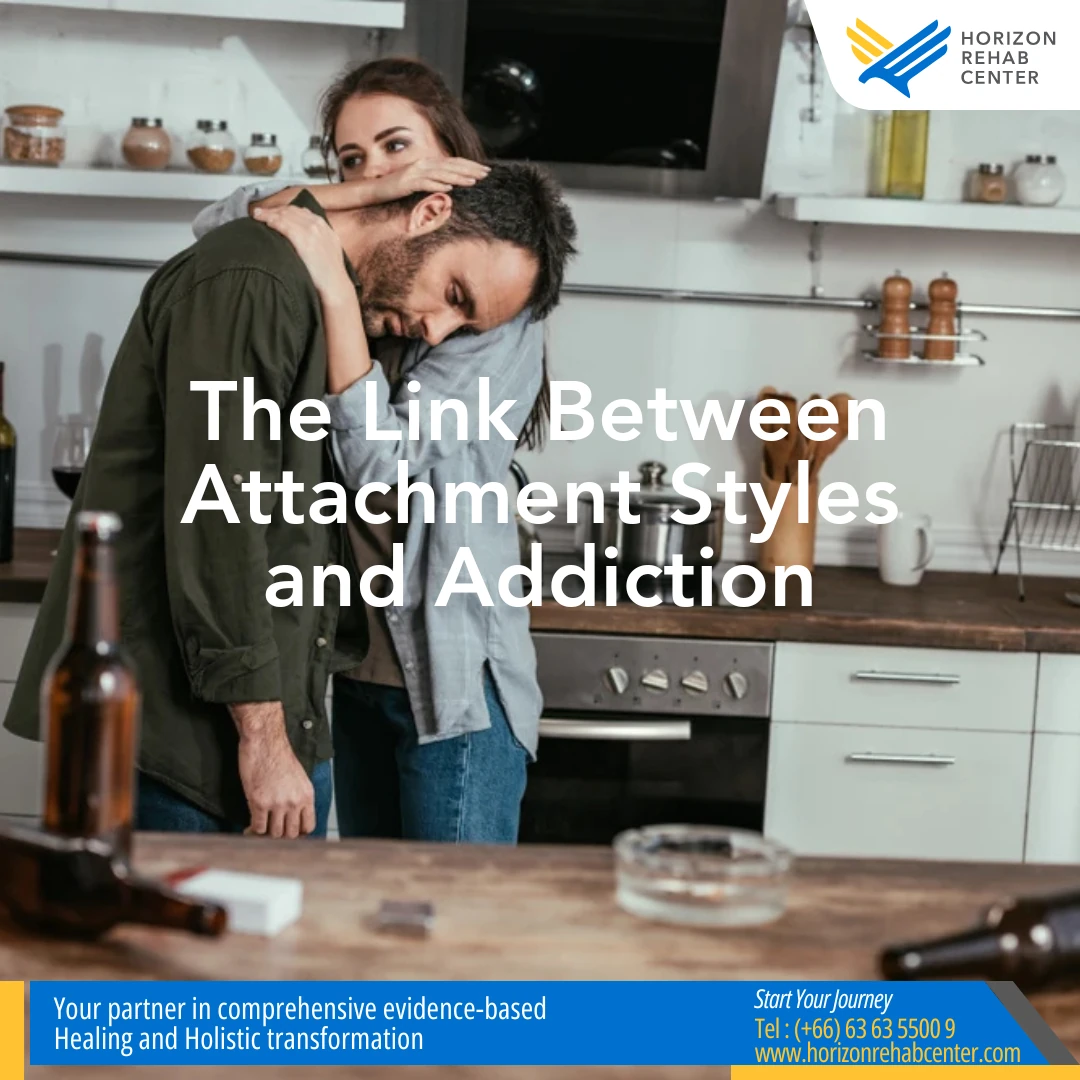
Benzos and Anxiety: Understanding the Intricate Relationship and Risk of Addiction
Benzodiazepines (benzos) have become a common prescription for individuals grappling with anxiety and sleep disorders. Often viewed as a quick solution to alleviate symptoms, it is crucial to comprehend the complex relationship between benzos and anxiety, as well as the potential risk of addiction associated with their use. This blog post delves into the rising trend of benzo usage, explores the consequences of long-term use, examines how benzos work in promoting relaxation and sleep, highlights the dangers of misuse, discusses the signs and effects of benzo addiction, and emphasizes the significance of seeking professional support and treatment for recovery.
Benzos: A Common Prescription for Anxiety and Sleep Disorders
Benzodiazepines (benzos) have become a common prescription for individuals struggling with anxiety and sleep disorders. These medications are often seen as a quick solution to alleviate symptoms and provide relief. However, it is crucial to understand the intricate relationship between benzos and anxiety, as well as the potential risk of addiction that accompanies their use.
The Rising Trend of Benzo Use: A Closer Look at Prescription Rates
In recent years, the usage of benzodiazepines has been on the rise. Prescription rates have soared as more individuals seek treatment for anxiety and sleep disorders. This upward trend raises concerns about the widespread use of benzos and the potential consequences associated with long-term usage.
The Double-Edged Sword: Long-Term Use of Benzos and Its Consequences
While benzos may provide initial relief from anxiety and sleep issues, their long-term use can have detrimental effects. These medications can lead to a range of consequences, including tolerance development, worsening of symptoms, and the risk of addiction. It is essential to understand the potential pitfalls of relying on benzos for extended periods.
How Benzos Work: The Role of GABA in Promoting Relaxation and Sleep
To comprehend the effects of benzos on anxiety and sleep, it is necessary to explore how these medications work. Benzos enhance the activity of a neurotransmitter called gamma-aminobutyric acid (GABA), which helps reduce brain activity, promote relaxation, and induce sleep. Understanding this mechanism is key to understanding their impact on mental health.
Common Types of Benzos: From Valium to Restoril
Benzodiazepines come in various forms, each with its own brand name and specific characteristics. Common examples include Valium (diazepam), Xanax (alprazolam), Ativan (lorazepam), Klonopin (clonazepam), Versed (midazolam), Dalmane (flurazepam), and Restoril (temazepam). It is important to be aware of the different types of benzos available and their specific properties.
The Importance of Short-Term Use: Avoiding Dependency and Withdrawal Symptoms
To minimize the risks associated with benzo usage, it is crucial to limit their use to the short term. Prolonged usage can lead to dependency and withdrawal symptoms, making it challenging to discontinue their use. Doctors often prescribe these medications for a specific duration or recommend periodic doses to mitigate the potential for dependency.
The Dangers of Misusing Benzos: From Serious Complications to Life-Threatening Consequences
Misusing benzodiazepines can have severe and potentially life-threatening consequences. When used inappropriately, such as taking higher doses than prescribed, using them without a prescription, or combining them with other substances like alcohol or opioids, the risks escalate significantly. Misuse of benzodiazepines can lead to impaired judgment, drowsiness, confusion, memory problems, and coordination difficulties. It can also result in respiratory depression, which can be fatal, especially when combined with other central nervous system depressants. Additionally, long-term misuse can lead to dependence, addiction, and withdrawal symptoms when attempting to stop.
Recognizing the Signs of Benzo Addiction: From Mood Changes to Risky Behaviors
Identifying the signs of Benzo addiction is vital for early intervention and seeking appropriate help. Signs may include seeking multiple prescriptions, experiencing mood changes or emotional detachment, developing tolerance, engaging in risky behaviors, or being unable to cut back on usage despite the desire to do so. Recognizing these signs is the first step toward recovery. Be aware of any of the following:
- Seeking multiple prescriptions or obtaining pills from various doctors or sources.
- Noticing changes in mood, emotional detachment, or a sense of numbness.
- Developing a tolerance and needing higher doses to achieve the desired effects.
- Experiencing muscle weakness.
- Having a blurred vision.
- Feeling drowsy or frequently nodding off.
- Combining benzodiazepines with alcohol or other substances.
- Engaging in risky behaviors, such as driving after consuming benzos.
- Struggling to reduce usage despite a strong desire to do so.
- Experiencing withdrawal symptoms when attempting to discontinue use.
The Long-Term Effects of Benzo Addiction: From Sleep Difficulties to Emotional Numbness
Long-term benzo addiction can have profound effects on both physical and mental well-being. Sleep difficulties, emotional numbness, and a range of other adverse consequences may arise as a result of prolonged Benzo abuse. The chronic use of BZDs has been associated with a decline in cognitive function, an elevated risk of dementia and dementia-like conditions, and impaired sensory and motor function among the elderly. Additionally, a subset of consumers may experience aggressive behavior and expressive anger.
BZDs exhibit an increased likelihood of abuse and dependence. Over time, the inhibitory function of GABA may become less responsive, while excitatory glutamine receptors become more sensitive. This neuro-adaptive process leads to tolerance, necessitating higher doses for similar effects in many chronic users. As the concentration of the drug decreases in the bloodstream and tissues, symptoms opposite to its intended therapeutic effect, such as activation of the sympathetic nervous system and potential seizures, may occur.
Understanding these effects reinforces the urgency of seeking professional support and treatment.
The Role of Medically-Assisted Detox in Benzo Addiction Recovery
When recovering from Benzo addiction, medically-assisted detox plays a crucial role. This process allows individuals to withdraw from benzos under the supervision of medical professionals who can manage withdrawal symptoms and provide the necessary support. Medically-assisted detox ensures safety and comfort during this critical phase of recovery.
Treatment Approaches for Benzo Addiction: CBT, Group Therapy, and Lifestyle Changes
Treating Benzo addiction involves a comprehensive approach that addresses the physical, psychological, and social aspects of addiction. Cognitive-Behavioral Therapy (CBT), group therapy, and lifestyle changes are effective components of treatment. CBT helps individuals modify harmful thought patterns and behaviors, while group therapy offers support and a sense of community. Implementing positive lifestyle changes reinforces recovery efforts.
Horizon Rehab Center: A Beacon of Hope for Benzo Addiction Recovery
At Horizon Rehab Center, we understand the complex nature of Benzo addiction and the challenges individuals face on their journey to recovery. Our specialized programs and compassionate professionals provide a safe and supportive environment for healing and growth. We believe in a personalized approach to treatment, tailored to each individual’s unique needs.
The Importance of Professional Support in Overcoming Benzo Addiction
Overcoming Benzo addiction is a challenging process that requires professional support. Seeking help from experienced rehab counselors and addiction specialists is crucial for long-term recovery. At Horizon Rehab Center, we offer comprehensive treatment programs and a caring team dedicated to guiding individuals toward healthier, substance-free life.
Remember, if you or someone you know is struggling with Benzo addiction, reaching out for help is the first step on the path to recovery. You are not alone, and there is hope for a brighter future.






